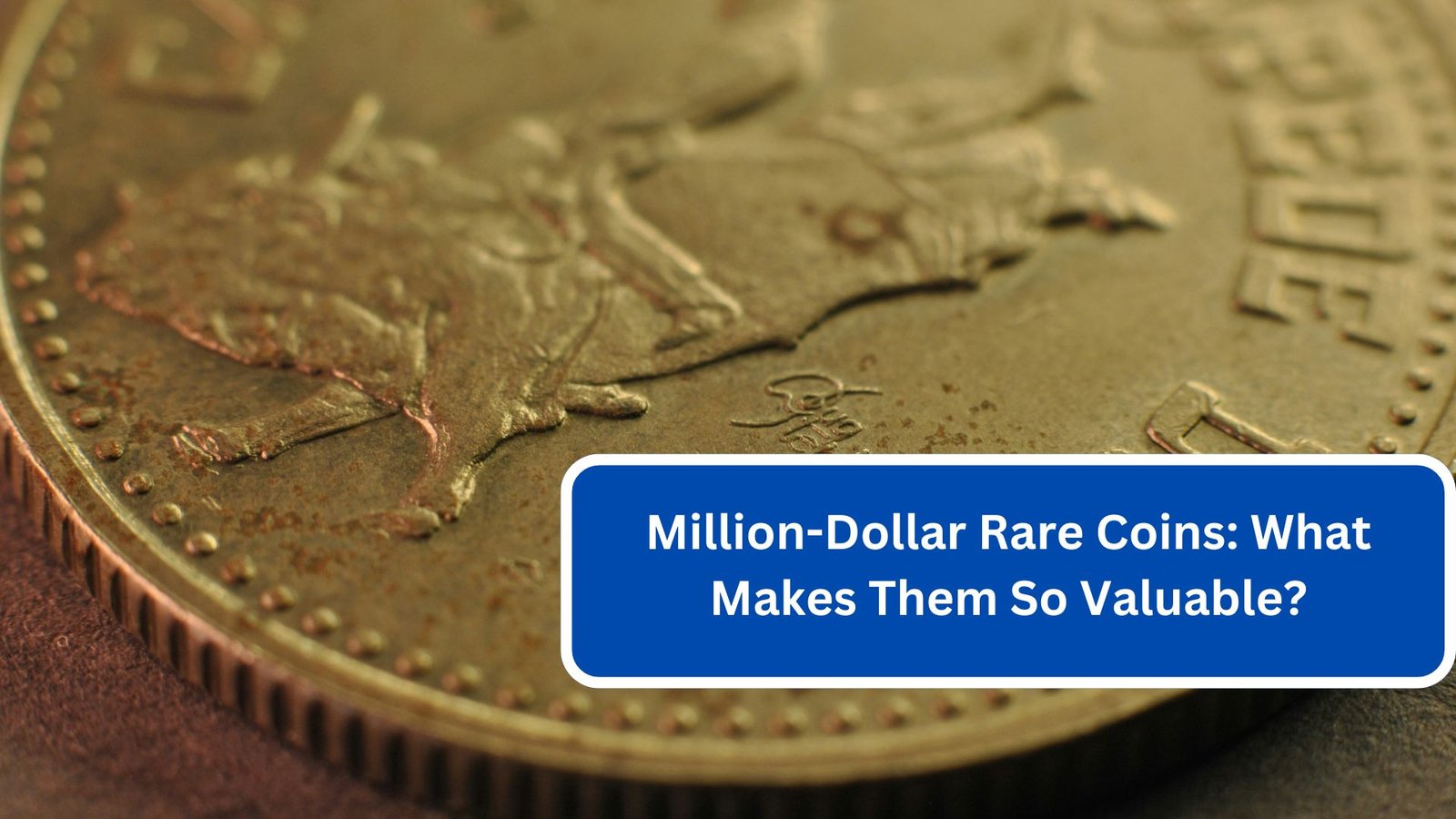The world of numismatics is filled with coins that not only tell stories of history and culture but also command staggering prices, often reaching into the millions. These million-dollar rare coins capture the imagination of collectors and investors alike. But what exactly makes these coins so valuable? This article explores the key factors that contribute to the worth of these extraordinary pieces of history.
Rarity
Limited Mintage
One of the most significant factors determining a coin’s value is its rarity. Coins minted in limited quantities are typically more sought after. For instance, the 1933 Saint-Gaudens Double Eagle is famous for its limited availability, with only a few surviving examples. The scarcity of such coins generates intense competition among collectors, driving up their market value.
Historical Context
Coins associated with pivotal historical events or periods tend to be rarer. The 1804 Silver Dollar, for example, is known as the “King of American Coins” and is highly coveted due to its connection to early American diplomacy. Its rarity and historical significance elevate its value considerably.
Condition
Grading System
The condition of a coin, often referred to as its grade, is crucial in determining its market value. Coins are graded on a scale from Poor to Perfect Mint State, with higher grades fetching significantly higher prices. For example, a well-preserved 1794 Flowing Hair Silver Dollar sold for $10 million, largely due to its exceptional condition.
Preservation Techniques
Coins that have been kept in pristine condition, free from scratches, tarnish, or wear, command higher prices. Collectors invest in protective storage methods to maintain the quality of their coins, knowing that condition significantly impacts value.
Demand
Collector Interest
The demand for specific coins can fluctuate based on collector interest and market trends. Certain coins may gain popularity due to media coverage or public interest in specific historical themes, causing their values to rise. For example, the 1913 Liberty Head Nickel experienced a surge in interest due to its mysterious origins and limited availability.
Provenance
The history of a coin’s ownership, or provenance, can greatly enhance its desirability. Coins with notable past owners or unique stories often attract higher bids at auctions. The connection to significant historical figures or events adds an element of intrigue that collectors find appealing.
Minting Errors
Unique Characteristics
Coins with minting errors—such as misprints or design flaws—can become highly valuable due to their uniqueness. The 1937-D Three-Legged Buffalo Nickel is a prime example, as its distinctive error has made it a favorite among collectors. Such coins often carry a premium because they are one-of-a-kind.
Market Appeal
Minting errors can create a buzz in the collector community, leading to increased demand. Collectors often seek out these coins for their novelty and the stories behind their production, driving up their market value.
Cultural and Artistic Significance
Design and Artistry
The artistic value of a coin can also contribute to its worth. Coins designed by renowned artists or those featuring intricate designs tend to attract collectors. The 1907 Saint-Gaudens Gold Double Eagle is celebrated for its beauty and craftsmanship, making it highly sought after.
Symbolism
Coins that carry cultural or national significance often hold greater value. For instance, coins that represent important historical figures or events resonate deeply with collectors, enhancing their desirability.
Conclusion
Million-dollar rare coins are not just pieces of metal; they are artifacts that embody history, artistry, and cultural significance. Factors such as rarity, condition, demand, minting errors, and artistic merit all play a crucial role in determining their value. As collectors continue to seek these extraordinary pieces, the world of numismatics remains vibrant, ensuring that the stories and legacies of these remarkable coins endure for generations to come.

